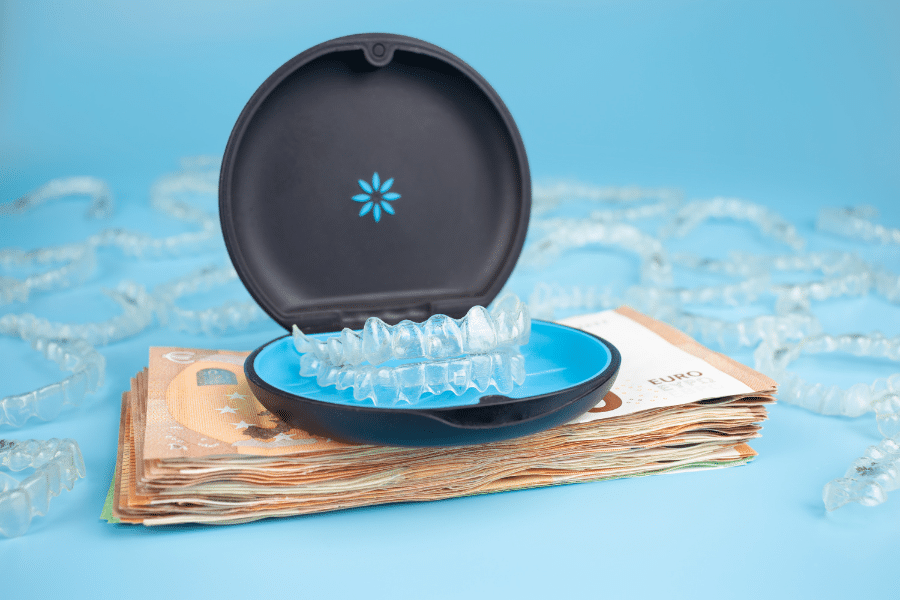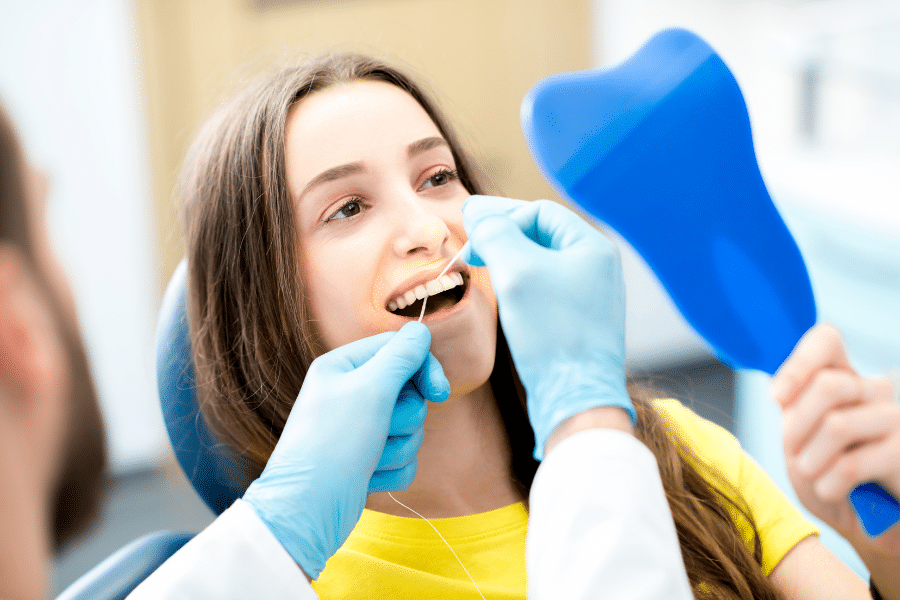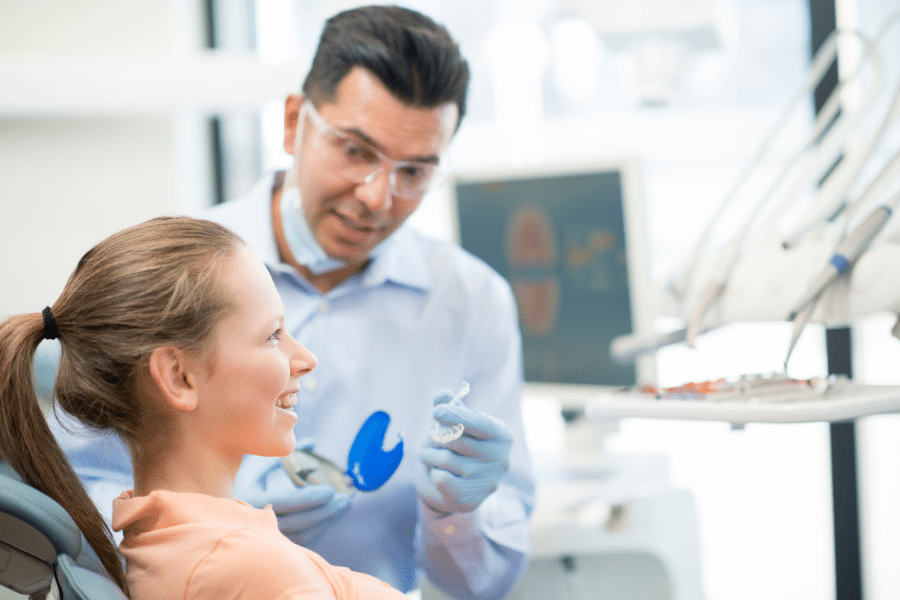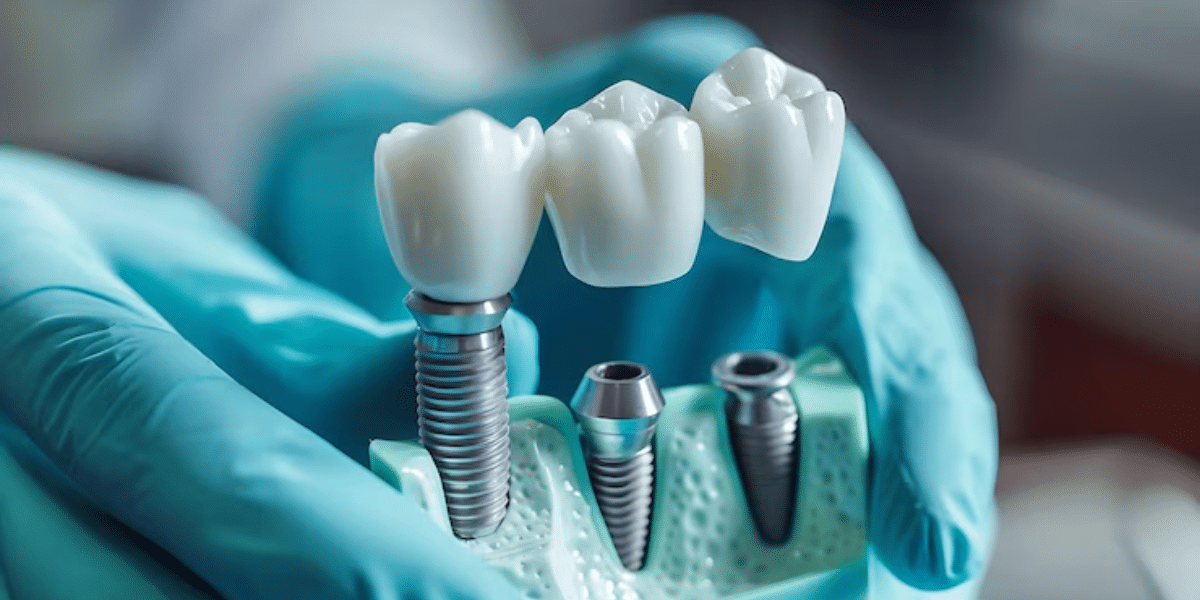
Should You Brush Your Teeth After a Root Canal?
A root canal can feel like a dental victory – goodbye, pain! But what comes next in your recovery? You’re not alone if you’re unsure about brushing your teeth after the procedure. Many wonder what dental care is safe and effective while the area heals. Let’s clear up the confusion and help you feel confident about taking care of your smile post-root canal.
Root Canal Treatment: A Quick Overview
The root canal removes infection deep inside a tooth, protecting it from further damage. During the process, your dentist cleans the infected pulp, fills the tooth, and seals it to prevent future problems. It’s a highly effective way to save a tooth needing extraction.
But just because the tooth is treated doesn’t mean it’s off the hook for care. You’ll still need to maintain good oral hygiene and pay more attention and care to the affected area.
Brushing After a Root Canal: Is It Safe?
Let’s tackle the big question: should you brush your teeth after a root canal? The short answer is yes—but carefully. While brushing is essential for keeping your teeth and gums healthy, you need to be gentle around the area where the procedure was performed. Here’s why:
- Healing Period Sensitivity: Your mouth will be sensitive following the procedure, especially near the treated tooth. Brushing too aggressively can irritate the area or disturb the temporary filling that protects your tooth before your permanent restoration.
- Avoiding Infection: Although a root canal removes infection, there’s always a risk of bacteria building up again if oral hygiene is neglected. This makes brushing essential, but it must be done with care.
So, how do you balance the need for cleanliness with the delicate state of your tooth? Here’s a strategy that works.
How to Brush Your Teeth Post-Root Canal?
It’s all about the technique. While you don’t need to change your entire brushing routine, making a few minor adjustments can help protect your tooth as it heals:
- Choose a Soft-Bristled Brush: Hard bristles can aggravate the treated area, so opt for a soft-bristled toothbrush. It’s gentle on your gums and the sensitive spot near your root canal but effective at removing plaque and debris.
- Be Gentle Around the Treated Tooth: Instead of brushing vigorously, use slow, circular motions when cleaning around the tooth that underwent the procedure. You don’t want to put unnecessary pressure on the tooth while it is healing.
- Don’t Skip Other Areas: It’s tempting to avoid the entire side of your mouth where the root canal occurred, but the rest of your teeth still need attention. Brush as usual on the unaffected teeth, maintaining a complete oral hygiene routine.
- Consider Using a Sensitive Toothpaste: After a root canal, your tooth and gums might feel extra sensitive to hot, cold, or pressure. Using toothpaste designed for sensitive teeth can help reduce discomfort while brushing.
Flossing and Mouthwash: What About the Rest of Your Routine?
Beyond brushing, you might wonder whether you should continue your regular flossing and mouthwash routine. The answer is yes, but proceed with caution.
Flossing: Flossing is crucial for keeping the spaces between your teeth clean, but be careful near the root canal area. You don’t want to irritate the healing tissue or dislodge a temporary crown. Instead, gently slide the floss between your teeth without snapping it into the gums.
Mouthwash: Mouthwash can help reduce bacteria and keep your mouth fresh. However, steer clear of alcohol-based rinses, which can dry out your mouth and irritate sensitive tissues. Opt for a mouthwash designed for sensitive gums or one that promotes healing after dental work.
Signs You’re Brushing Too Hard
Even when you’re being mindful, it’s possible to get a little too vigorous with brushing after a root canal. If you notice these signs, it might be time to ease up:
Bleeding gums: It’s normal for gums to feel tender, but they shouldn’t bleed after gentle brushing.
Increased sensitivity: While sensitivity can be a side effect of the procedure, it could also mean you’re brushing too forcefully.
Discomfort near the treated tooth: If the area feels worse after brushing, you may be pressing too hard or using the wrong technique.
When in doubt, it’s always a good idea to ask your dentist for specific guidance on how to care for your teeth after a root canal.
Avoiding Food Traps After a Root Canal
While brushing is essential, keeping food away from your root canal-treated tooth is just as crucial for recovery. Certain foods can get stuck in the tooth or cause discomfort if you’re not careful. During the healing process, try to avoid:
Sticky foods: Gum, caramel, or sticky candies can pull at your temporary crown or cause pressure on the tooth.
Hard or crunchy foods: Nuts, popcorn, or crunchy bread can cause discomfort and damage the treated area.
Extremely hot or cold foods: Your tooth will likely be sensitive to temperature changes, so avoid eating hot soups or ice cream.
Instead, focus on eating soft foods that don’t require much chewing. Smoothies, yogurt, mashed potatoes, and soup are great options while your tooth recovers.
When to Call Your Dentist
If you notice the following symptoms, it’s essential to call your dentist right away:
- Intense pain that doesn’t go away
- Swelling or redness around the treated tooth
- Fever or chills (which could indicate infection)
- Trouble biting or chewing without significant discomfort
Your dentist will check for dental issues, such as a cracked tooth or infection, and guide you through the following steps.
Long-Term Care After a Root Canal
Once you’ve fully recovered, maintaining a consistent dental routine is the best way to protect your tooth long-term. This includes:
Regular brushing and flossing: Once your tooth has healed, you can return to regular brushing and flossing habits. Just continue being gentle and use a soft-bristled brush.
Routine dental visits: Visit your dentist for regular checkups. They can monitor the treated tooth and ensure everything is healing correctly.
Good oral hygiene: Healthy teeth and gums prevent the need for future dental procedures and ensure your root canal lasts for many years.
Yes, you should brush your teeth after a root canal – do so with care. A soft touch, gentle brushing motions, and mindful flossing are critical to a smooth recovery. Combine this with a solid oral care routine, and your tooth will heal properly, ensuring your smile stays healthy for the long run. So, grab that toothbrush, keep it gentle, and give your teeth the care they deserve!



